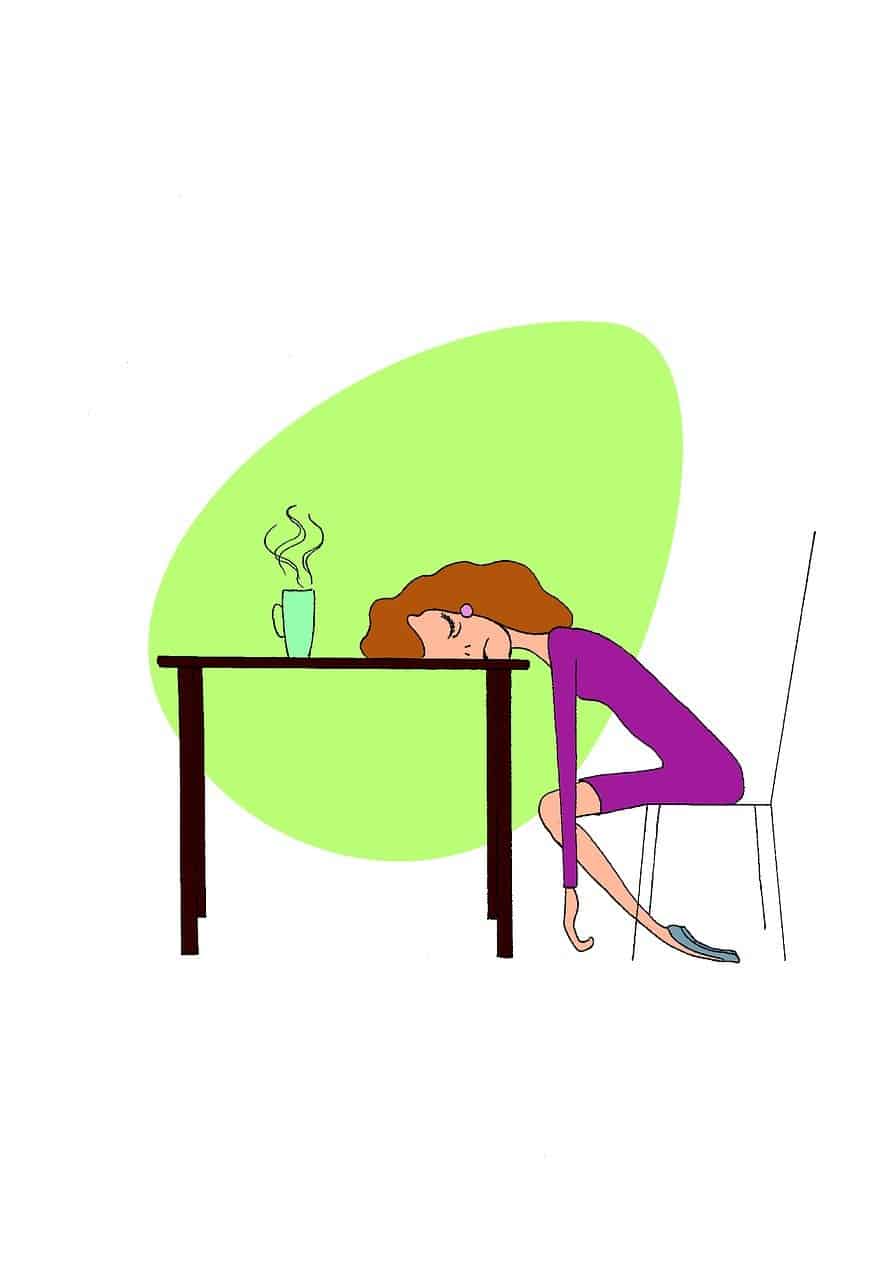
Avolition is associated with apathy.
Abulia is the lack of will or a notable decrease in energy , according to what is expressed in the dictionary of the Royal Spanish Academy (RAE) . It is an alteration in the preliminary phase of voluntary activity , where the desire or decision to carry out an action is disturbed.
Establishing the etymological origin of the term abulia leads us to go to Greek and that is where we find the word from which it comes: abulia . This word is made up of three clearly differentiated parts: the prefix a – which is equivalent to “without”, the word boilé which is synonymous with “will” and finally the suffix – ia which can be translated as “quality or action”.
What is apathy
Avolition implies a lack of interest that results in a lack of activity and the absence of emotional responses . In common language, it could be said that abulia is the lack of desire to do things or the feeling of wanting but not being able to due to lack of strength.
When a person suffers from avolition, they experience a deterioration in the will to act, which is reflected as indecision and a feeling of helplessness . The affected person feels apathy and indifference towards those issues that previously gave them satisfaction.
But not only that. Other clear symptoms that someone suffers from abulia are: absolute passivity, the lack of any type of spontaneous movement or the fact that they have carried out a palpable reduction in the time they dedicated to their hobbies or pastimes, to their social relationships or to spontaneity.
A specific example of avolition is that case where an individual feels that any other day will be better than today; Therefore, he simply waits for the arrival of that day and in the meantime does not make any decision or take any action. The person feels that, if they act, they may later regret it since at another time they may be in better conditions to make the decision or carry out their action.

Those who experience apathy have no energy to act.
The view of psychology
Psychology states that avolition can be a symptom of mental illnesses such as depression , schizophrenia , bipolar disorder , and dysthymia . It can even appear as a result of a brain disorder caused by an accident or an infection (such as syphilis ).
Dysthymia, mentioned above, is also known as dysthymic disorder and is characterized by being a chronic affective disorder that causes the sufferer to not only feel sad, lonely or melancholic but also to have very low self-esteem. Of genetic origin, it seems to be one that can also be accentuated by a lack of stimuli or even by an absolute uprooting.
Insomnia, lack of appetite , social phobia, unjustified tiredness, pessimism, memory problems or inability to concentrate and make decisions are some of the symptoms that make it clear that someone suffers from dysthymia and, as a consequence, also avolition.
The use of medications is the most common treatment used to treat this affective disorder, which is also addressed through psychotherapies.
